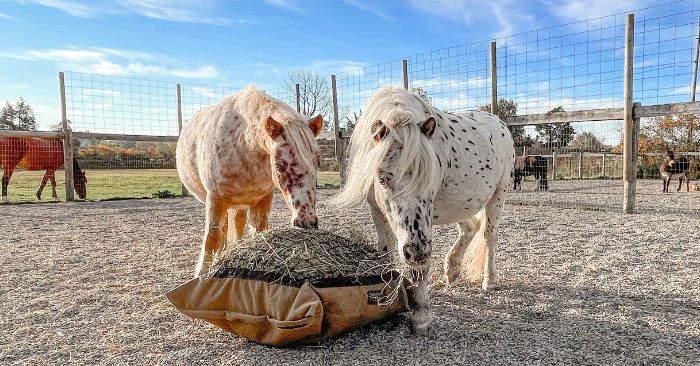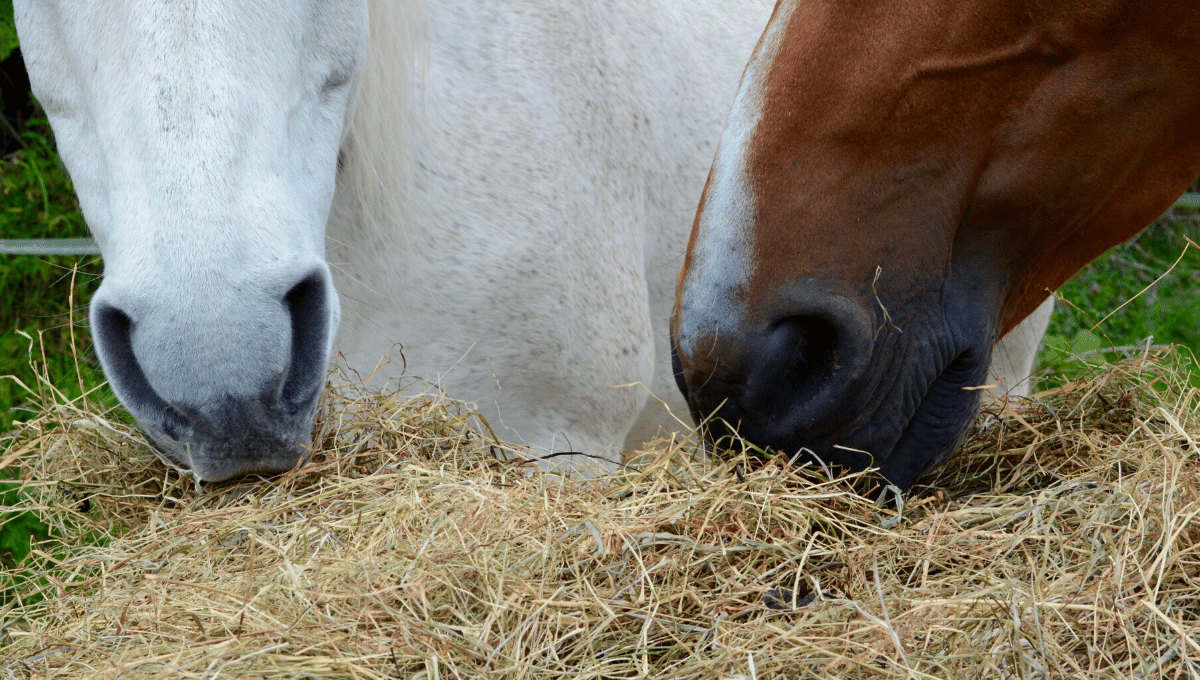Feed Refusal in Horses: Causes and Effective Solutions

Feed refusal in horses can be a worrying issue for any horse owner. Understanding the underlying causes and knowing how to address them is essential for maintaining your horse’s health and well-being. This article explores the common reasons why horses refuse feed and offers practical solutions to encourage healthy eating habits.
Common Causes of Feed Refusal
| Cause | Description | Signs to Watch For |
|---|---|---|
| Dental Problems | Issues like sharp enamel points, loose or missing teeth can cause pain. | Dropping food, bad breath, weight loss |
| Illness or Pain | Conditions such as colic, infections, or systemic illness reduce appetite. | Lethargy, fever, abnormal behavior |
| Feed Quality | Moldy, dusty, or spoiled feed can deter horses from eating. | Refusal to eat, nasal discharge |
| Stress and Environment | Changes in routine, new surroundings, or loud noises can affect appetite. | Nervousness, pacing, decreased feed intake |
| Feeding Practices | Inappropriate feeding times or competition among horses can cause refusal. | Guarding feed, aggressive behavior |
Solutions to Overcome Feed Refusal
- Dental Care: Regular dental check-ups and floating to remove sharp points.
- Veterinary Assessment: Prompt vet visits to diagnose and treat illnesses.
- Feed Inspection: Ensure feed is fresh, clean, and free from contaminants.
- Stress Reduction: Maintain a consistent routine and provide a calm environment.
- Feeding Management: Feed horses separately if competition is an issue and adjust feeding schedules.
Additional Tips for Encouraging Eating
- Introduce new feeds gradually to allow adaptation.
- Use palatable supplements or flavor enhancers.
- Provide clean, fresh water at all times.
- Monitor body condition regularly to detect early signs of problems.
Frequently Asked Questions (FAQ)
Q1: How quickly should I act if my horse refuses feed?
A: Immediate action is recommended if feed refusal lasts more than 24 hours, as it can indicate serious health issues.
Q2: Can feed refusal be a sign of colic?
A: Yes, colic often causes decreased appetite and feed refusal, requiring urgent veterinary care.
Q3: Are there specific feeds that horses prefer?
A: Preferences vary, but many horses favor fresh hay, sweet feeds, and certain grains. Observing your horse’s likes can help tailor their diet.
Q4: How often should I have my horse’s teeth checked?
A: Dental exams are recommended at least once or twice a year to prevent issues that cause feed refusal.
By understanding the causes and implementing these solutions, you can help your horse maintain a healthy appetite and overall well-being. Regular monitoring and proactive care are key to preventing feed refusal problems.
